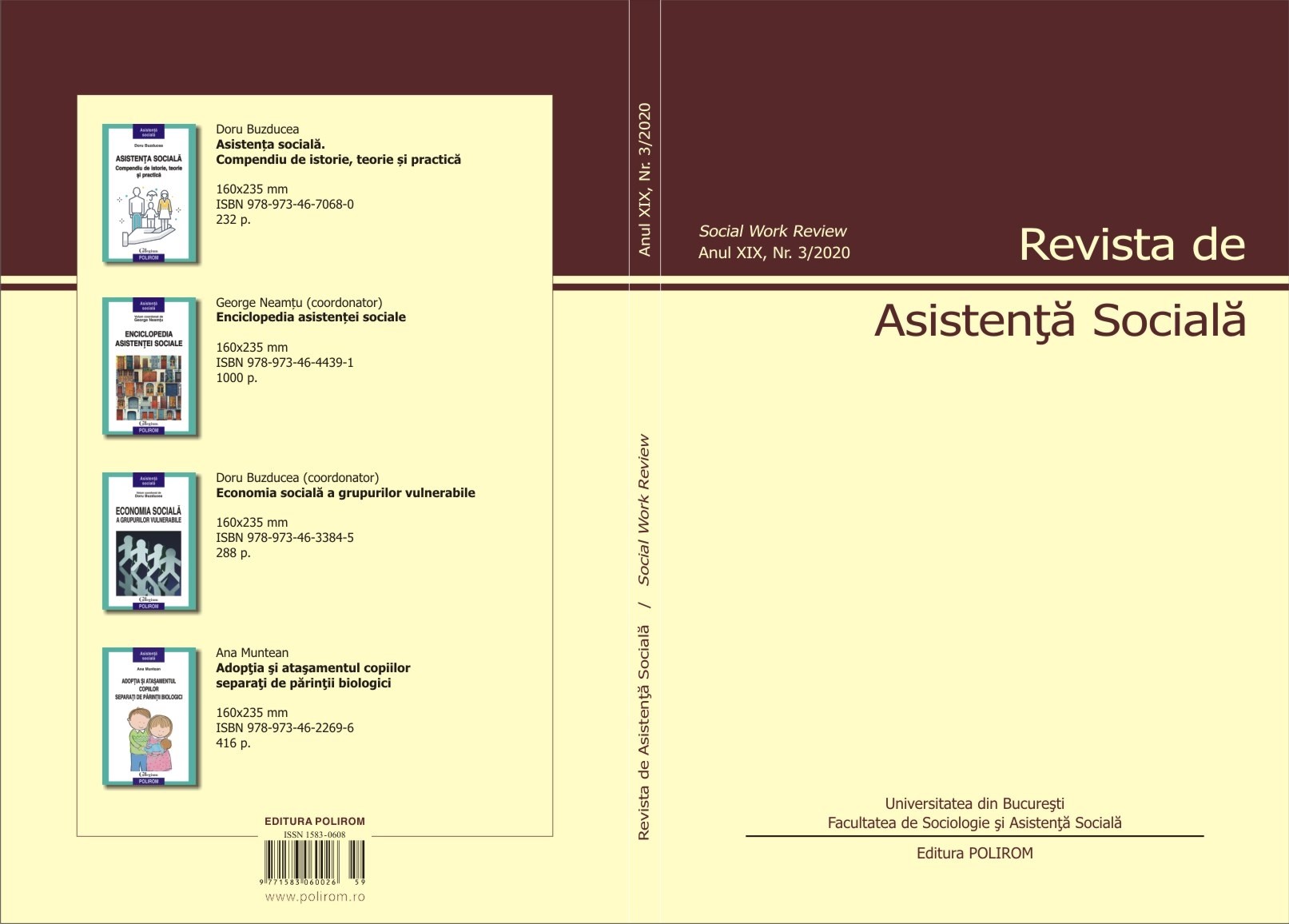The Role of Social Worker in Socializing Preschool Children
The Role of Social Worker in Socializing Preschool Children
Author(s): Alina Maria BreazSubject(s): Preschool education, Evaluation research, Family and social welfare
Published by: POLIROM & Universitatea Bucureşti - Dept. de Sociologie şi Asistenţă Socială
Keywords: socialization;preschool children;communication; social worker implication;
Summary/Abstract: Background: the ability to socialize and relate of children in our days is affected by the development of IT technologies and online social networks, which is why more and more children encounter socialization difficulties in the first year of kindergarten. The kindergarten staff represented by the educators, as well as the team of associated specialists: psychopathologists, social workers, psychologists, have a difficult task to remedy these socializing difficulties, to develop the child's language, to help him establish appropriate relationships with those around. Objectives:The main objective of our research was to improve and develop the socialization capacity of preschool children. In this sense, the following hypothesis was formulated: the sustained activity of the social worker with children with socialization difficulties, by using methods specific to the age stage (games of language development), will lead to the improvement of the socialization capacity of the preschool children.Methodology: From 74 children enrolled in the small group of the 2018-2019 school year, 32 presented difficulties of socialization in different grades. They constituted the group of children with whom the research was carried out. The methods used included: educational didactic games, role-play games, systematic observation of children.The activities carried out stretched over a period of two months, daily and were based on role plays, stories and, at the same time, children were explained the meaning of the words and expressions encountered. Results: The children were evaluated initially and after two months to follow the same parameters: the existence of socialization difficulties, their intensity and the assessment of the children's communication ability. The obtained results revealed that the hypothesis formulated is validated by the practical results obtained: following the program proposed by the social worker, for two months, the capacity of communication and the socialization skills of the children were significantly improved.Conclusions: The social worker can contribute through appropriate programs and methods to improve the communication capacity and implicitly the socialization skills of preschool children. It is considered that this type of research is a first step for future research in the field, research that has an interdisciplinary character and that will lead to concrete solutions to avoid the difficulties of socialization in the preschool children and, implicitly, in the adults of tomorrow.
Journal: Revista de Asistenţă Socială
- Issue Year: XIX/2020
- Issue No: 3
- Page Range: 145-158
- Page Count: 14
- Language: English
- Content File-PDF

